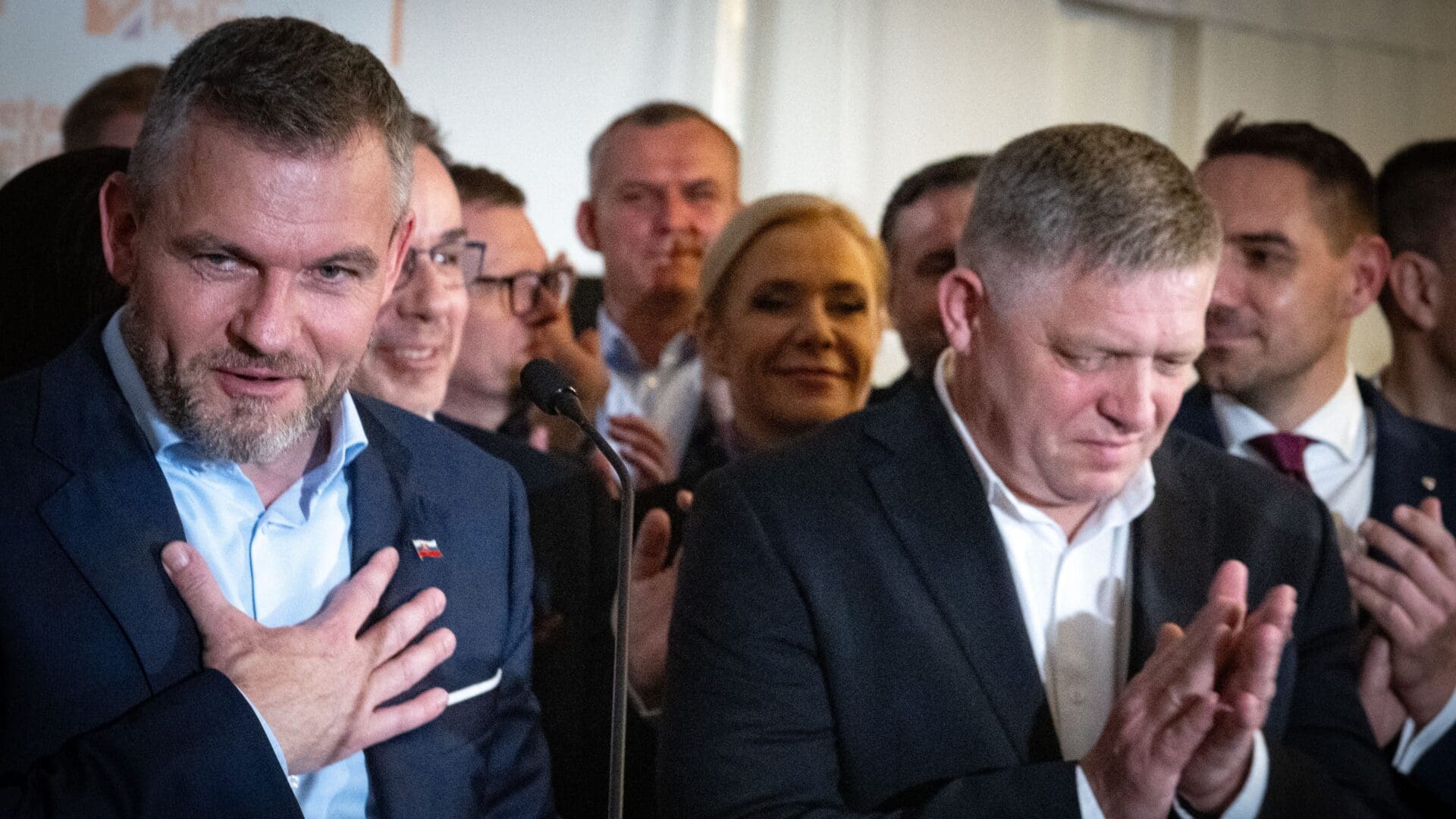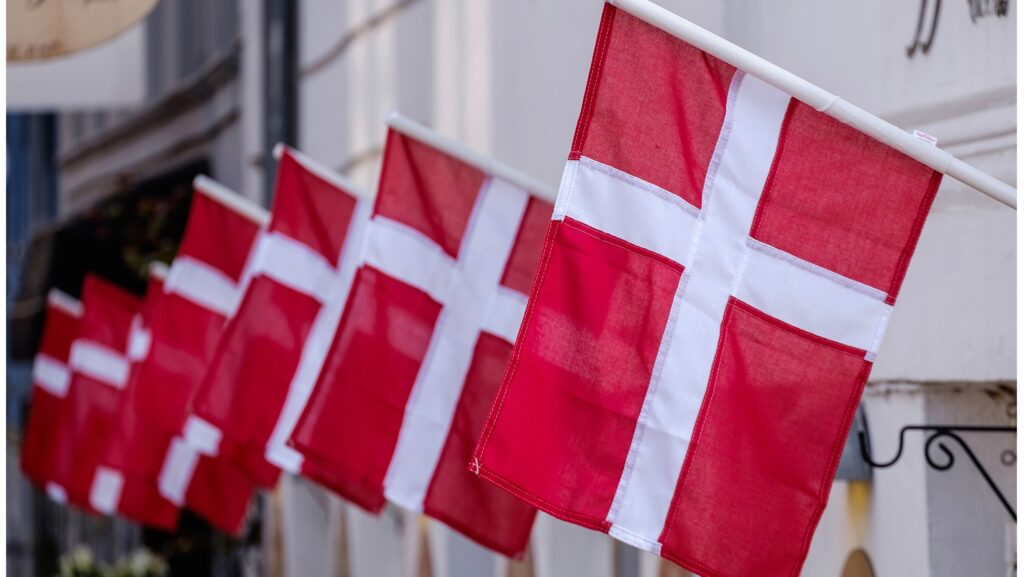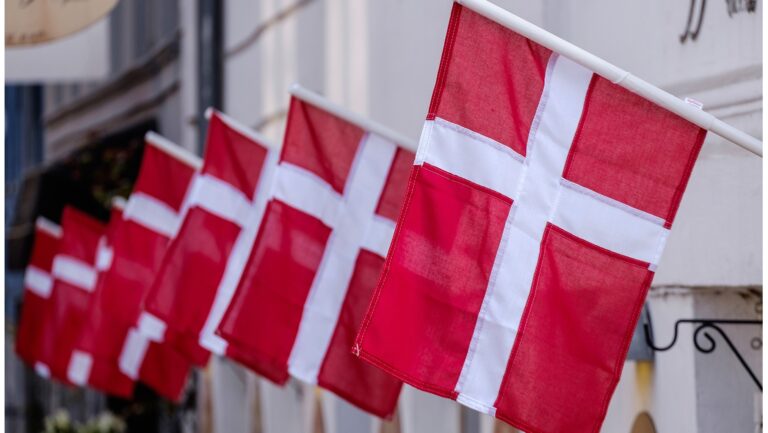Peter Pellegrini has been elected the new President of the Slovak Republic following the second round of the presidential election held on 7 April 2024. Despite predictions of a close race, the sovereigntists side emerged victorious by a large margin over the progressives. Peter Pellegrini, a former prime minister and the current Speaker of the House, secured 53.12 per cent of the vote with 1.409 million votes cast. His opponent, former minister of foreign affairs Ivan Korčok, who represented the progressive side, obtained 1.243 million votes.
This was the first time in the history of Slovak presidential elections that both candidates who qualified for the second round gathered over one million votes each.
Voter turnout was also record high, reaching over 61 per cent. The inauguration of the new President is scheduled for 15 June 2024.
Pellegrini, still in his capacity as House Speaker, paid a visit to Hungary in March, meeting with Hungarian counterpart László Kövér, President of the Republic Tamás Sulyok, and Prime Minister Orbán.
As per the constitution[1] of the Slovak Republic, the President is the head of the state, representing the country at the national and international levels and ensuring the legal functioning of the constitutional bodies. The President conducts both national and international negotiations and ratifies the country's international treaties. The President exercises his office according to their conscience and conviction and is not bound by any instructions or orders. While the President holds the highest public dignitary position and is the commander-in-chief of the armed forces, the real political power is concentrated in the hands of the Prime Minister and the parliament.
From the founding of country in 1993 until 1999, the right to elect the President belonged to the parliament, but since 1999 direct presidential elections have been held. The election is two-round; although theoretically a winner can also be declared in the first round, this requires obtaining more than half of the valid votes of those entitled to vote, which is almost impossible from a practical point of view.
The Grassalkovich Palace is one of the most notable buildings in the historic old town of Bratislava. It is an excellent example of Rococo architecture, featuring an impressive design. The palace was once owned by a Hungarian nobleman but has served as the seat of the Office of the President of the Slovak Republic for the past thirty years. Since 2014, it has also been considered one of Slovakia's headquarters for progressive forces as the current and previous presidents of the Republic, Andrej Kiska and Zuzana Čaputová, have closely been associated with progressive parties and liberal thinkers.
Despite being one of the most popular[2] politicians in Slovakia,
President Čaputová surprised everyone when she announced in the summer of 2023 that she would not run[3] for a second term in office.
Peter Pellegrini, who is also extremely popular[4], waited until the last moment to decide on his presidential candidacy. Even before it became official that he would take part in the race, he was considered a towering candidate. However, he had to worry until the last moment about whether he would succeed in the endgame. Before the first round, to those who bet on Pellegrini's final victory bookmakers [5] only offered to pay 1.35 times the stake, while in the case of Korčok, the multiplier was around 3.35. For the second round, this ratio was reversed, with the progressive candidate being considered a likely winner with a multiplier of around 1.7 against the candidate of the nationalist side, the betting odds were 2.10. This time, however, the bookies were wrong.
In the first round of the presidential election, Ivan Korčok won with 42.71 per cent of the votes (958,000), while Peter Pellegrini came second with 37.02 per cent (834,000).[6] It was clear that the two parties would fight an open battle in the second run, which could be influenced by the supporters of the candidates who had not qualified for the second round. The main questions were whether Štefan Harabin, who finished third with 264,000 votes, would support Pellegrini and whether the candidates could lure those who hadn't voted in the first round to the polls. Harabin urged[7] his supporters to vote but did not clearly state whom he was supporting. He, however, strongly criticised Ivan Korčok for his stand supporting the scrapping of the right to veto in the European Council, which Harabin considered an act of treason.
At the same time, he did not handle Pellegrini with kid gloves either, claiming that his Speaker of the House position was incompatible with the candidacy for the presidency. Moreover, Harabin called on Peter Pellegrini to take on patriotic themes to win over his voters. Krisztián Forró, the candidate of the Hungarian community, who finished fourth in the first round with a 2.9 per cent result, unequivocally endorsed Pellegrini[8]. In a joint press conference, Forró and Pellegrini discussed issues affecting ethnic Hungarians living in Slovakia, such as dual citizenship, land confiscations based on the Beneš decrees, and future developments in the South. Based on the second-round results, Pellegrini won in the historically Hungarian-inhabited districts of counties Trnava (Nagyszombat), Nitra (Nyitra), Banská Bystrica (Besztercebánya), and Košice (Kassa), indicating that most ethnic Hungarians accepted Forró's recommendation.
In what is unprecedented in the history of modern Slovakia,
Pellegrini mentioned several times the Hungarian ethnic minority community in the country and thanked it for their support.
During the last two presidential terms in Slovakia, five prime ministers held the office: Robert Fico, Peter Pellegrini, Igor Matovič, Eduard Heger, and Ľudovít Ódor. As the frequently changing heads of government indicate, political stability has not characterized Slovak politics in recent times. Even Matovič's administration, where the governing parties had a constitutional majority, failed within one year. With the recent election of Peter Pellegrini as the President of Slovakia, there is a renewed hope for political stability, as the Head of State, the Prime Minister, and the future Speaker of the House all come from the same political alliance that makes up the current Slovak government.
As has been revealed many times, Slovakia's goal is to pursue a sovereigntist policy within the Euro-Atlantic region. Hungary has been doing the same for over a decade. Because of that, there is a high likelihood that in the near future the two nations will be able to support each other in exerting their influence in the European Union and the North Atlantic Treaty Organisation.
[1] Collection of the Laws of the Slovak Republic, Constitution of the Slovak Republic, Slov-Lex,https://www.slov-lex.sk/pravne-predpisy/SK/ZZ/1992/460/, accessed 7 April 2024.
[2] ‘Credibility of Zuzana Čaputová from Focus Agency’, SME, https://volby.sme.sk/pref/2/doveryhodnost/s/6038/zuzana-caputova/focus accessed 7 April 2024.
[3] ‘Čaputová nebude opäť kandidovať za prezidentku: Viem, že síl na ďalší mandát by nebolo dosť’, Pravda (20 June 2023), https://spravy.pravda.sk/prezidentske-volby-2024/clanok/671905-online-bude-alebo-nebude-kandidovat-za-prezidentku-caputova-oznami-svoje-rozhodnutie/, accessed 7 April 2024.
[4] ‘Porovnanie dôveryhodnosti - Zuzana Čaputová, Peter Pellegrini’, SME, https://volby.sme.sk/pref/2/doveryhodnost/s/6038/zuzana-caputova/focus?additionalSubjectIds=6041, accessed 7 April 2024.
[5] ‘Kurzy sa otočili, voľby majú nového favorita. Koho vidia stávkari v prezidentskom paláci?’, TA3.com (3 April 2024), https://www.ta3.com/clanok/932153/kurzy-sa-otocili-volby-maju-noveho-favorita-koho-vidia-stavkari-v-prezidentskom-palaci, accessed 7 April 2024.
[6]Statistical Office of the Slovak Republic, ‘Voľby prezidenta Slovenskej republiky 2024’, https://volbysr.sk/sk/vysledky_hlasovania_kolo1.html, accessed 7 April 2024
[7] ’Harabin by nechal Korčoka sledovať 2. kolo volieb z Leopoldova’, Mojevideo.sk (4 April 2024), https://www.mojevideo.sk/video/3f755/harabin_by_nechal_korcoka_sledovat_2_kolo_volieb_z_leopoldova.html, accessed 7 April 2024.
[8] ’Predseda Aliancie Krisztián Forró podporil do druhého kola prezidentských volieb Petra Pellegriniho’, SME (27 March 2024), https://www.youtube.com/watch?v=6OUgv4vAZ38, accessed 7 April 2024.








